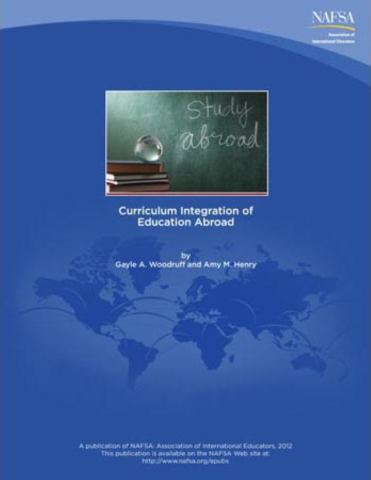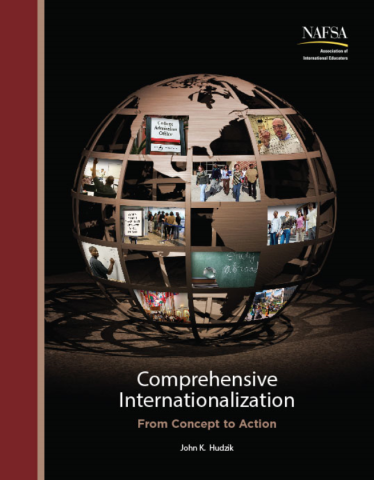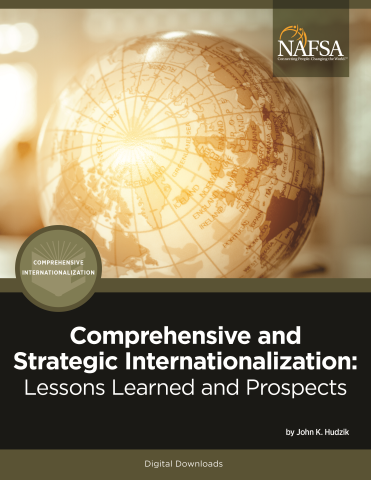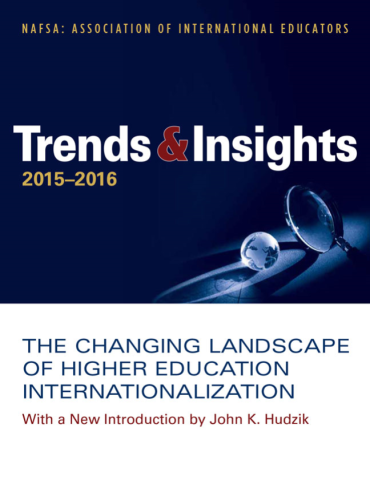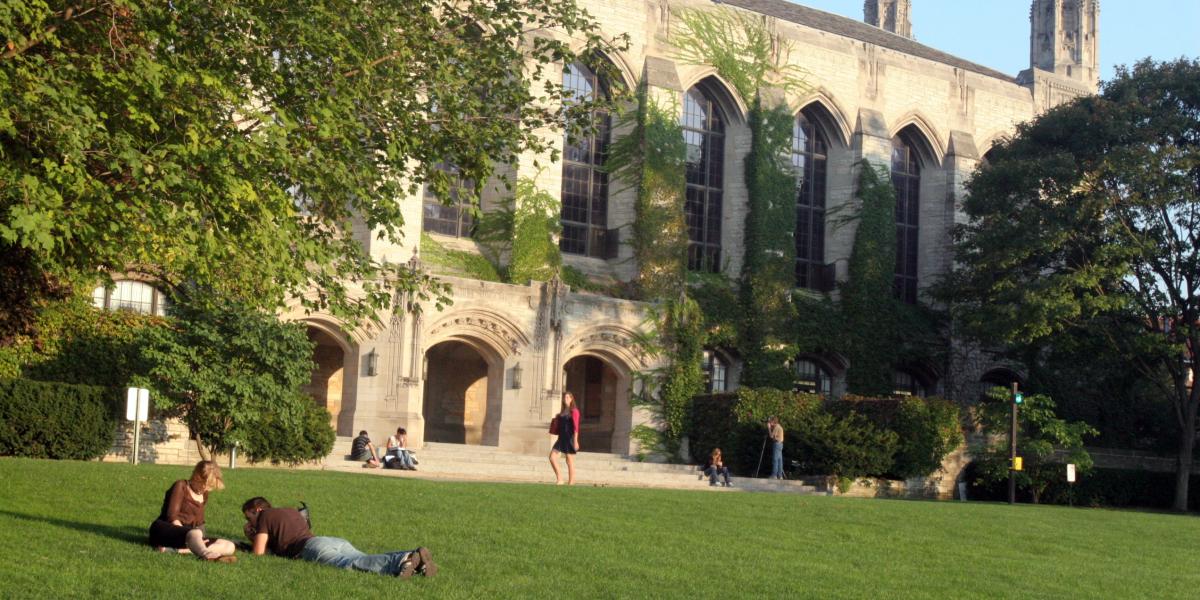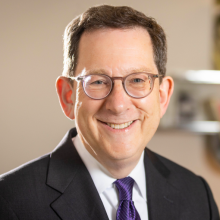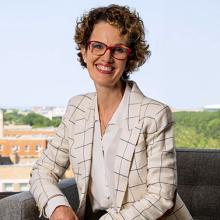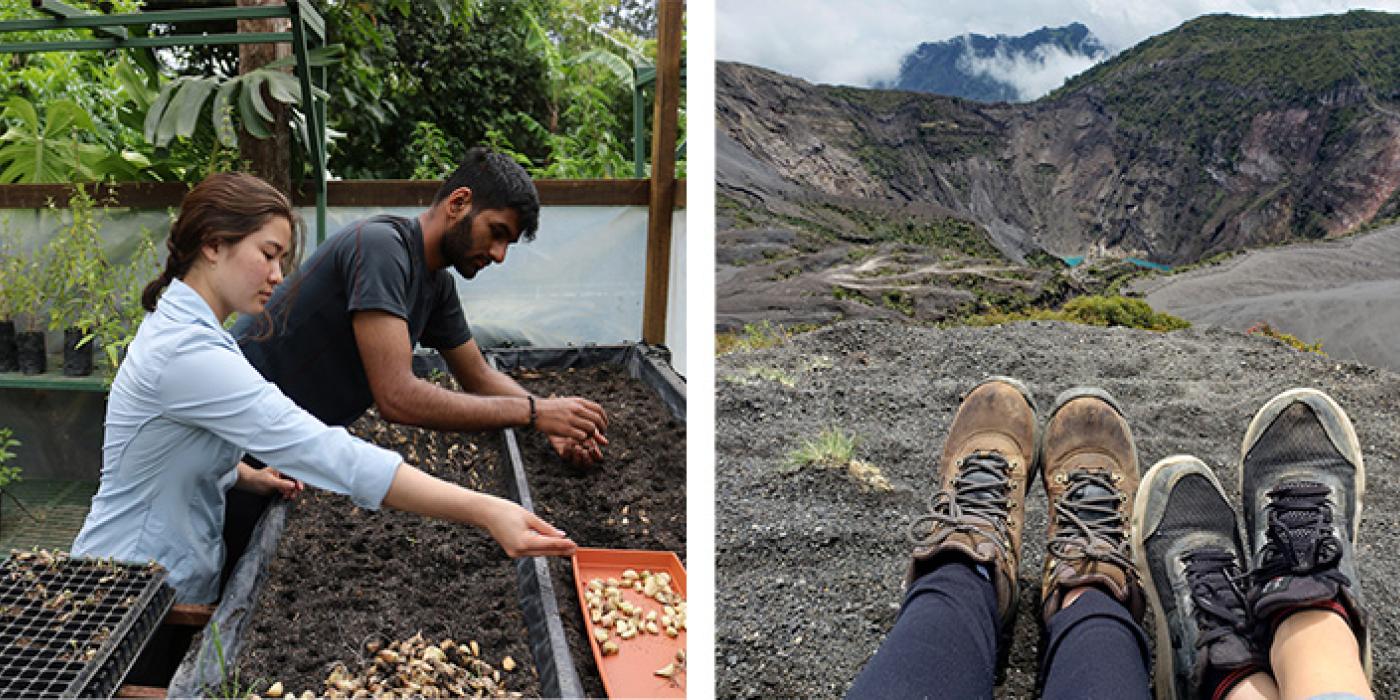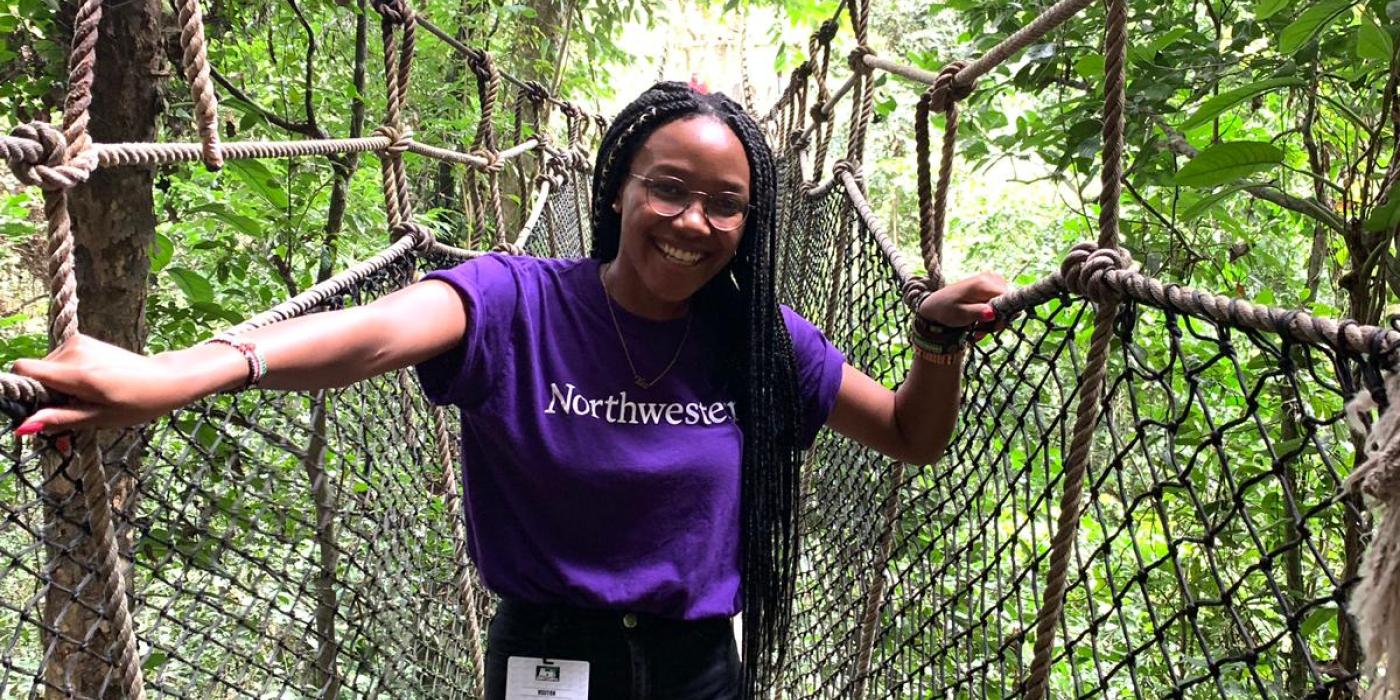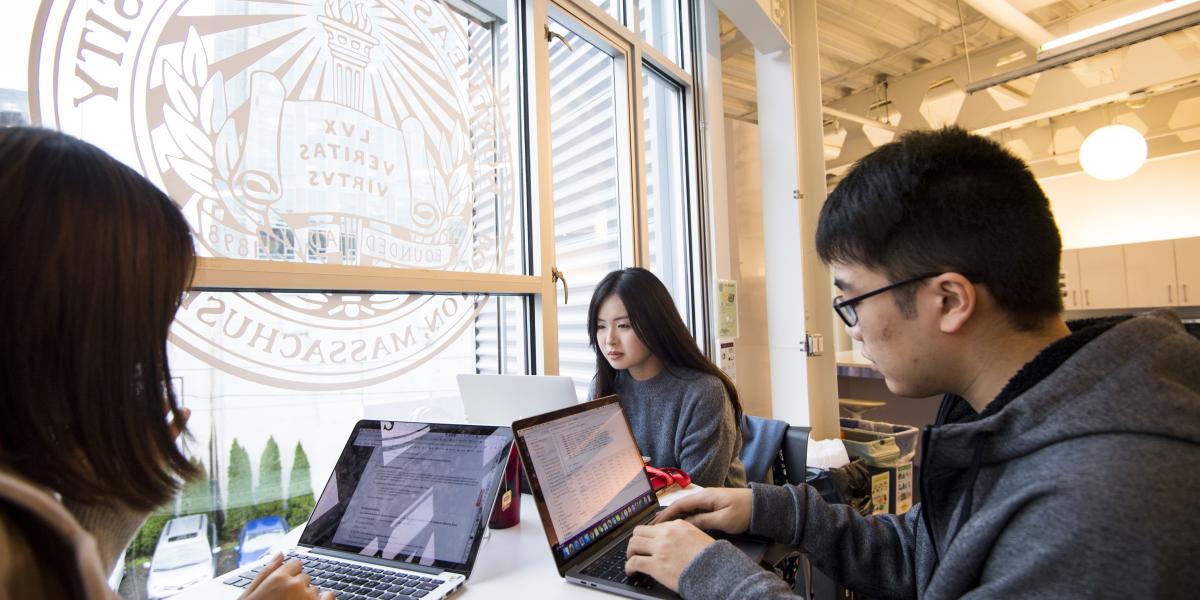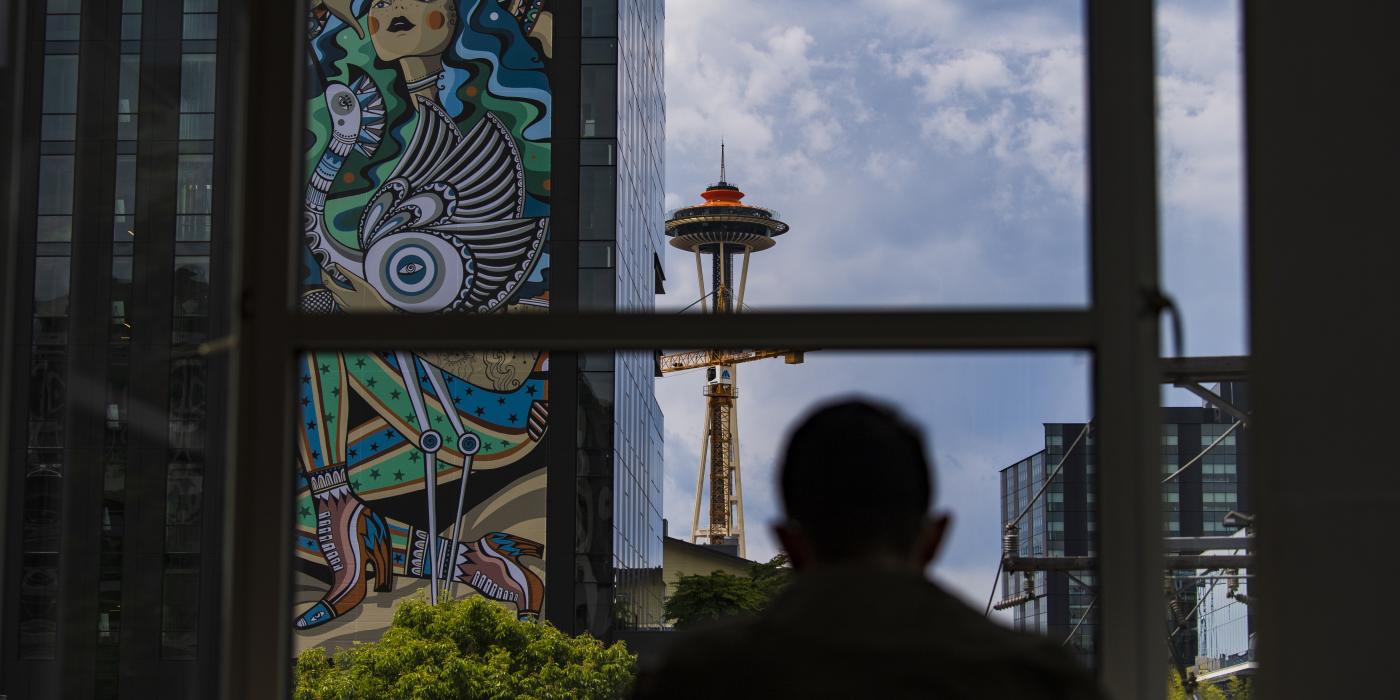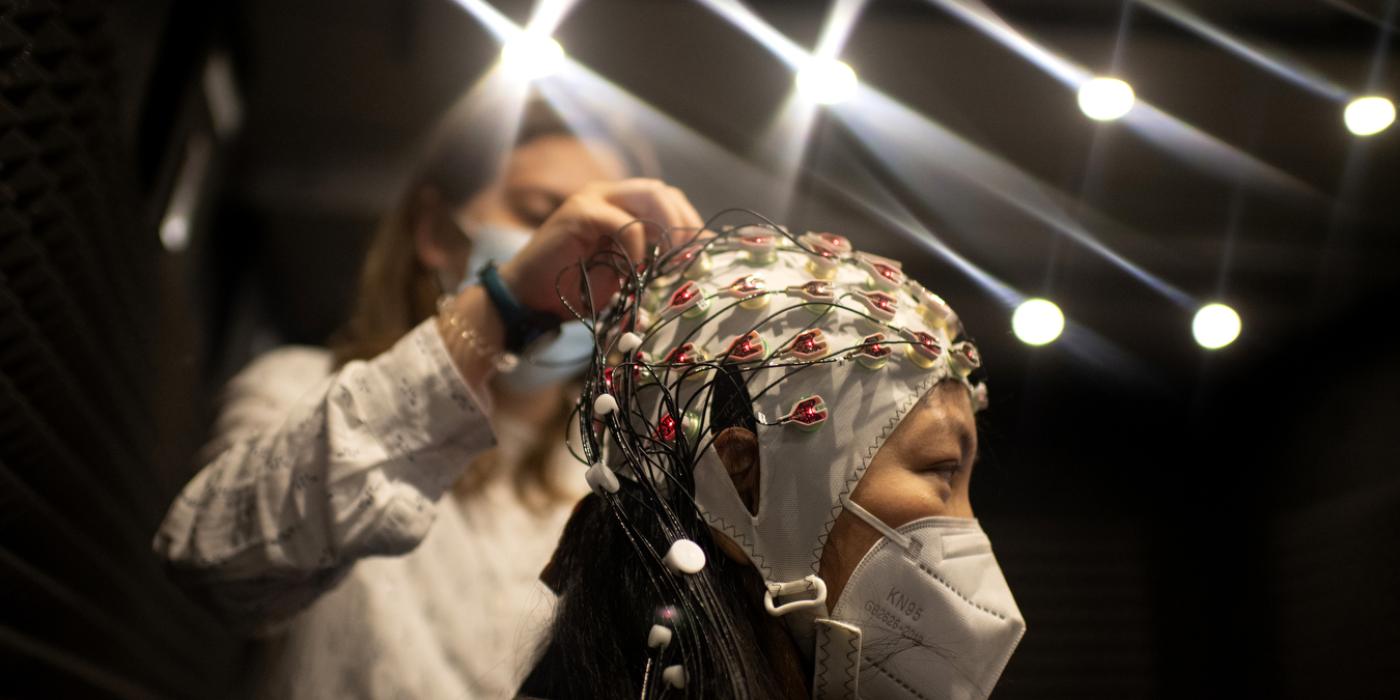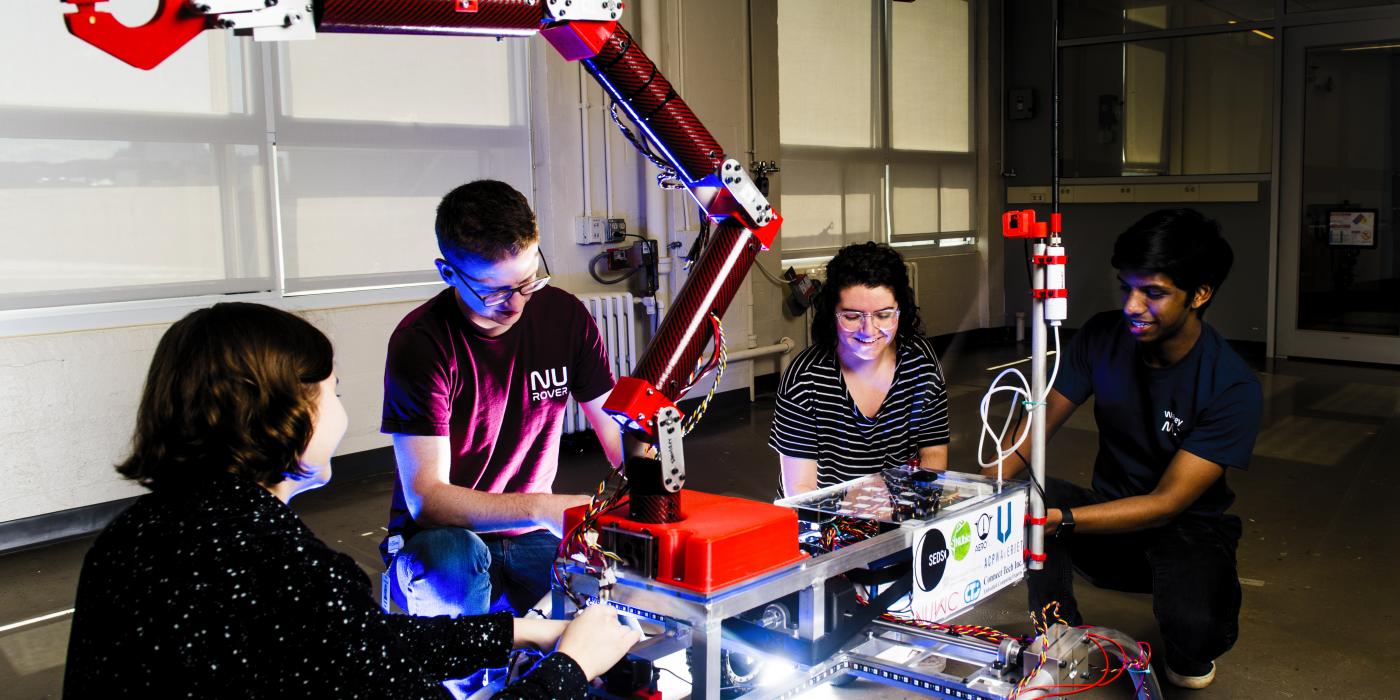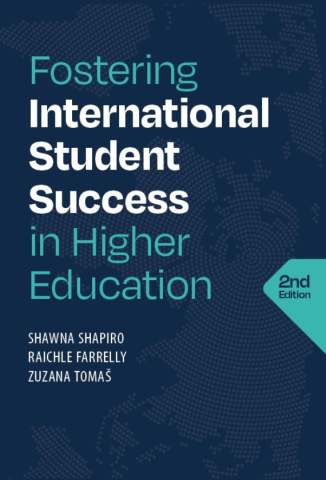
Teaching, Learning, and Facilitation

IE Competencies 2.0: Business Acumen, Program Development and Delivery, and Teaching, Learning, and Facilitation
Pedagogy for Short-Term Programming
2022 Spotlight Northwestern University
Located in Evanston, Illinois, Northwestern University is a private research university with 22,000 total students, approximately 8,000 of whom are international. Northwestern’s largest study abroad program is its Global Engagement Studies Institute (GESI), which has provided summer internships abroad focused on international development since 2007. When students were unable to travel because of the pandemic, staff and faculty were able to rapidly adapt the program to provide virtual coursework and remote internships.
With a focus on service learning and community engagement, the Global Engagement Studies Institute’s Virtual Global Development in Action program allows students to explore complex international development issues through virtual, credit-bearing coursework designed in collaboration with local community educators. Students also participate in a remote internship with a nongovernmental organization (NGO) in one of nine countries: Argentina, Bolivia, Costa Rica, Ecuador, Ghana, Guatemala, Peru, Uganda, or Vietnam.
The original in-person GESI program started over a decade ago at the request of Northwestern alumni who had gone to work for NGOs after graduation. Former students came back and said they wished they had learned the skill sets necessary to work in international development. “We realized that you need a mix of interning with an organization, but also reflecting critically about that internship experience from an academic perspective,” says Annelise Riles, executive director of the Buffett Institute for Global Affairs and associate provost for global affairs.
“The GESI program is our answer to what we consider to be the critical challenge of our time, which is ‘How do we address the demand on the part of our students and the world for educational opportunities that advance students’ ability to engage with diverse communities, to work collaboratively with people who do not share their language, culture, ideology, religion, and background?’” Riles says.
The program recognizes the need to decolonize the curriculum and make the relationship between institutions in the Global North and Global South more equitable and mutually beneficial, Riles says. “This program provides that critical global learning that our students need and also enters into long-term, sustainable partnerships with institutions in the Global South.”
Supporting Partners Abroad
All GESI partner organizations receive financial support from Northwestern in the form of seed grants to fund projects that students work on through their internships, stipends paid to host families and other funding to support a collaborative learning and development experience.
“We're committed to staying with them for the long term and to having our students go again and again,” Riles says.
Patrick Eccles, senior associate director of global engagement programs, says the GESI program started in 2007 with 17 students interning at the Foundation for Sustainable Development in Uganda. Then they expanded to Bolivia, where the foundation also worked.
Northwestern representatives conduct site visits and all partners must be approved by the university study abroad committee. “We've found partners that share our ethos and have high standards for community work, health and safety, and student support,” Eccles says.
When the pandemic halted international travel, Northwestern staff wanted to find ways to support both the students and the organizations. “As soon as the pandemic happened, we started having conversations about how we can respond in order to provide students with access to a global learning experience, to maintain continuity in our global partnerships, and just to respond ethically to the pandemic,” Eccles says.
Coursework Combined with Community Engagement
During the in-person program, assistant professor Diego Arispe-Bazán meets with students for a week in mid-June for a predeparture seminar. Students study the theory, history, and ethics of global development and work in small groups to do simulations and other activities, Eccles says. Then they go abroad for eight to 10 weeks, live in a home stay, and complete a 30-hour per week internship.
The virtual program, which was held during the academic year, combines coursework taught by Arispe Bazán with 15 hours a week of research, advocacy, or project-based work complemented by a series of practical workshops with community partners abroad dedicated to contextualizing students’ international experiences. Around 100 students from 34 disciplines have participated in the virtual program since fall 2020.
Kelly Bates, who graduated in 2022 with a degree in neuroscience, participated in the virtual GESI program in fall 2020. She worked with an NGO in Salta, Argentina, called Fundación por Nuestros Niños (FNN), which focused on children's rights, violence prevention, and health and education. She created educational booklets on mental, sexual, and physical health to distribute to adolescents in Salta.
“Instead of taking a full load of classes as is typical with other study abroad programs, Virtual Global Development in Action provided a thrilling opportunity for personal and professional development through the program's internship-based learning,” says Bates.
The coursework complemented the work she was doing with FNN. “We engaged in various modes of learning that were all very helpful at contextualizing our experiences with our nonprofit organizations,” she says.
Bates and the other students had international development experts as guest speakers, participated in small group activities that promote critical thinking and reflection, researched the history of the issues that their NGO was focused on, and wrote reflection papers.
“This coursework exposed me to the complexity of global development, helped me understand my privilege and power as a Northwestern student, and taught me how to engage in my internship ethically and with cultural humility,” she says.
Recruiting Diverse Participants
Both the in-person and virtual GESI programs are much more diverse than traditional study abroad participation across the United States. Sixty-five percent of virtual GESI participants were students of color, while 71 percent of all students who studied abroad nationally in 2019 were white, according to the Institute of International Education’s Open Doors report.
“We're appealing to a much broader group of students than traditionally are interested in study abroad,” Riles says.
For the in-person summer program, Northwestern provides financial support for tuition, travel, and living expenses thanks to funding from private donors. That allows students who would normally have to work or otherwise support themselves during the summer, to participate, Riles says.
They also intentionally recruit from multicultural student groups and reach out to students whose parents are reluctant to let them go abroad. The virtual GESI program during the academic year is an attractive option for those students because it’s just a regular academic class without a travel component, Riles says.
Creating New Opportunities
The pivot to the virtual program has created new opportunities going forward. “We really see the partnership between the in-person and the virtual GESI as now a feature that we probably didn't even anticipate,” Riles says.
Because Virtual Global Development in Action leverages the in-person GESI partners and can be offered during the academic year, program alumni who have previously traveled abroad are able to continue working with the same organization. Other students who are hesitant to travel are able to start with the virtual GESI and then later participate in the summer program abroad. “It creates longer and more sustainable relationships between the student and the organization,” Riles says.
Eccles added that one of the benefits of the virtual program was that Northwestern faculty and staff were able to sit in on the final presentation that students do when their internship concludes. Normally they give the presentation to the in-county team and the community partners, but during virtual GESI Northwestern representatives were able to participate. “We're going to try to figure out ways that we can still maintain that opportunity moving forward,” he says.
As travel to more GESI program locations once again becomes feasible, Northwestern staff envision offering in-person GESI as a summer study abroad program and virtual GESI during the academic year, when students can participate in virtual internships alongside other courses. Expanding locations through faculty research collaborations and institutional partnerships will provide additional opportunities to rotate in-person and virtual internship sites as needed based on student and faculty interests as well as world events.
Northwestern University
2022 Spotlight Northeastern University
Located in Boston, Massachusetts, Northeastern University is a private research university with more than 41,000 total students, around 14,000 of whom come from other countries. Since 2015, Northeastern has had a dedicated focus on developing partnerships with employers abroad to provide students with international work experience through its Global Cooperative Education Program.
When Gianna Scioletti applied for engineering jobs at Dolby Laboratories, the Northeastern graduate already had 18 months of practical work experience under her belt, thanks to the university’s unique focus on co-op experiences.
“When I got hired at Dolby, I got hired into a role that required 2 years of working experience, which meant a higher starting pay grade,” she says. “I was able to present myself as a candidate with valuable experience, more so than most other people my age.”
Scioletti, who graduated in 2018 with a degree in electrical and computer engineering, did three different co-ops during her time at Northeastern. In the United States, she worked as a systems engineer at iRobot in Massachusetts and at a start-up that designed electric motorcycles in California. She also spent 6 months as an engineer at a small solar engineering company in Tanzania focused on providing clean power to communities without reliable energy access.
While she was in Tanzania, she began to learn Swahili and realized she wanted to pursue employment opportunities at a global company. “Because of my international co-op, I realized that where people are from and what their backgrounds are really affects their outlook,” she says. “Having that kind of diversity is a big asset for any company.”
A Foundation of Experiential Learning
Northeastern’s Global Cooperative Education Program, which dates back to 1898, is one of the oldest in the United States. The model combines academic learning with on-the-job training; students typically complete 12 to 18 months of professional experience before they graduate. “We were built on the idea of students integrating work experiences while they were going to school,” says Tom Sheahan, executive vice provost.
Northeastern partners with over 3,000 employers in more than 136 countries on all seven continents, ranging from small startups to large multinational corporations. While these are non-credit bearing experiences, students maintain their full-time enrolled status while they are completing a co-op.
Sally Conant, assistant director of global co-op for the College of Engineering, says that many colleges that offer experiential learning opportunities focus on summer internships and work through third- party providers for internship placement. In contrast, Northeastern works directly with employers and students are available for 6 to 8 months, including during the academic year.
To ensure that all students can access global co-op experiences, students receive financial support through the Presidential Global Scholarship in amounts ranging from at least $2,000, based upon financial need and merit. Honors program students receive at least $6,000. Another benefit is that students do not pay tuition during their co-op experience, and some companies pay students for their work abroad. These factors combined reduce the financial barrier to participating in a global co-op experience.
Going Global
Although Northeastern has long sent students abroad on various co-ops, it wasn't until 2015 that the university focused on streamlining support for global placements.
Sheahan says that the renewed focus on global co-op came about because more students were requesting global opportunities, and the nature of work was also becoming more internationalized. “We really started to double down on the ability for our students to go overseas to international locations as part of the co-op experience that they go on as part of their normal education here,” he says.
One of the biggest challenges that developed as a result of this global expansion was preventing partnerships from being siloed in a particular college. Someone from engineering might discover that a company is not only looking for engineers, but also people with expertise in supply chain management. To address this challenge and support the nearly 12,000 students who participate in a co-op every year, the institution’s nine colleges employ a team of more than 135 co-op faculty. Each college has a dedicated coordinator that focuses on global co-op opportunities, but they also work across colleges.
Conant says the co-op coordinators are faculty members who teach courses that cover topics related to career preparation, such as resume writing and interviewing. The coordinators also serve as career advisers and work directly with employers, helping students find co-op placements that fit their interests and career goals.
The global co-op coordinators work with a wide range of global offices on campus beyond their own college. Northeastern’s Global Experience Office, which oversees education abroad and other international programs, assists global co-op students with visas, health and safety information, and predeparture orientation, Conant says. The co-op coordinators also collaborate with the Office of Global Services, which includes international student services, and the International Safety Office for legal compliance and risk assessment. “We're all really tied in together and we've worked extensively to make sure it's a streamlined process,” Conant says.
Leveraging Relationships
Northeastern faculty identify co-op partnerships through a variety of channels. They may come from interactions such as faculty exchanges or a professor taking a sabbatical and doing consulting work somewhere, Sheahan says.
The global co-op team also works closely with Northeastern’s alumni relations office to connect with alumni communities in strategic locations. These alumni are active in hosting events and connecting Northeastern with local companies.
“It really permeates through the culture of the organization that people are kind of looking out for all these connections when they're talking to companies or nonprofits,” Sheahan says.
Aspa Papanastasiou, associate director of global partnerships, employer engagement, and career design, works with a team focused on developing partnerships with companies abroad. One of her first priorities was translating individual placements to larger institutional partnerships. “We shifted from more singular opportunities to holistic engagement that would ultimately benefit the university,” she says.
As Northeastern developed more support for global co-op experiences, they wanted to leverage their position as a top research university. That allowed them to develop strategic partnerships and create research work experiences with universities with which they were already collaborating.
An example of such a partnership is the Université Paris-Saclay, a group of top research institutions in France that the government has clustered to create a French “Silicon Valley” focused on aerospace. In addition to creating co-op positions in both industry and research for Northeastern students in France, the university has hosted French students in the United States.
“Our faculty have been working together, and they have applied for different funds, both through the National Science Foundation here in the United States, and for transatlantic funds through Erasmus,” Papanastasiou says. “We have a team of 30 people working back and forth between the two institutions in the two countries.”
Growing Global Placements
Since 2015, Northeastern has facilitated 3,340 global co-ops in 126 countries and collaborates with nearly 800 employer partners abroad. The number of partnerships and co-op placements have increased significantly since the global co-op team was formed.
The Global Cooperative Education Program is part of Northeastern’s broader portfolio of international programs. Sheahan says that Northeastern, which won the Senator Paul Simon Award for Comprehensive Internationalization in 2010, provides global experiences in many ways, ranging from global co-ops to the opportunity to study at its campuses in Canada and the United Kingdom.
“The goal is to provide a lot of mobility to our students from the curriculum and education side but also adding to that the experiential education piece, because that's what the global education is really about—letting students have the experience of learning in a context that is relevant to the curriculum that they're engaged with,” Sheahan says.

